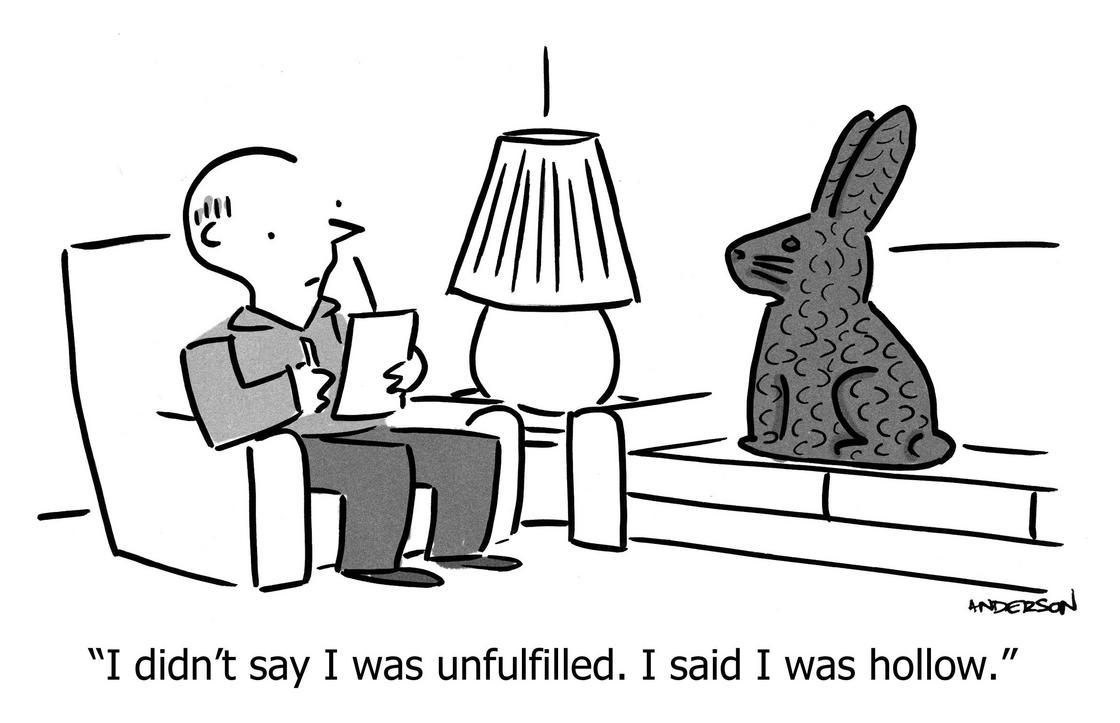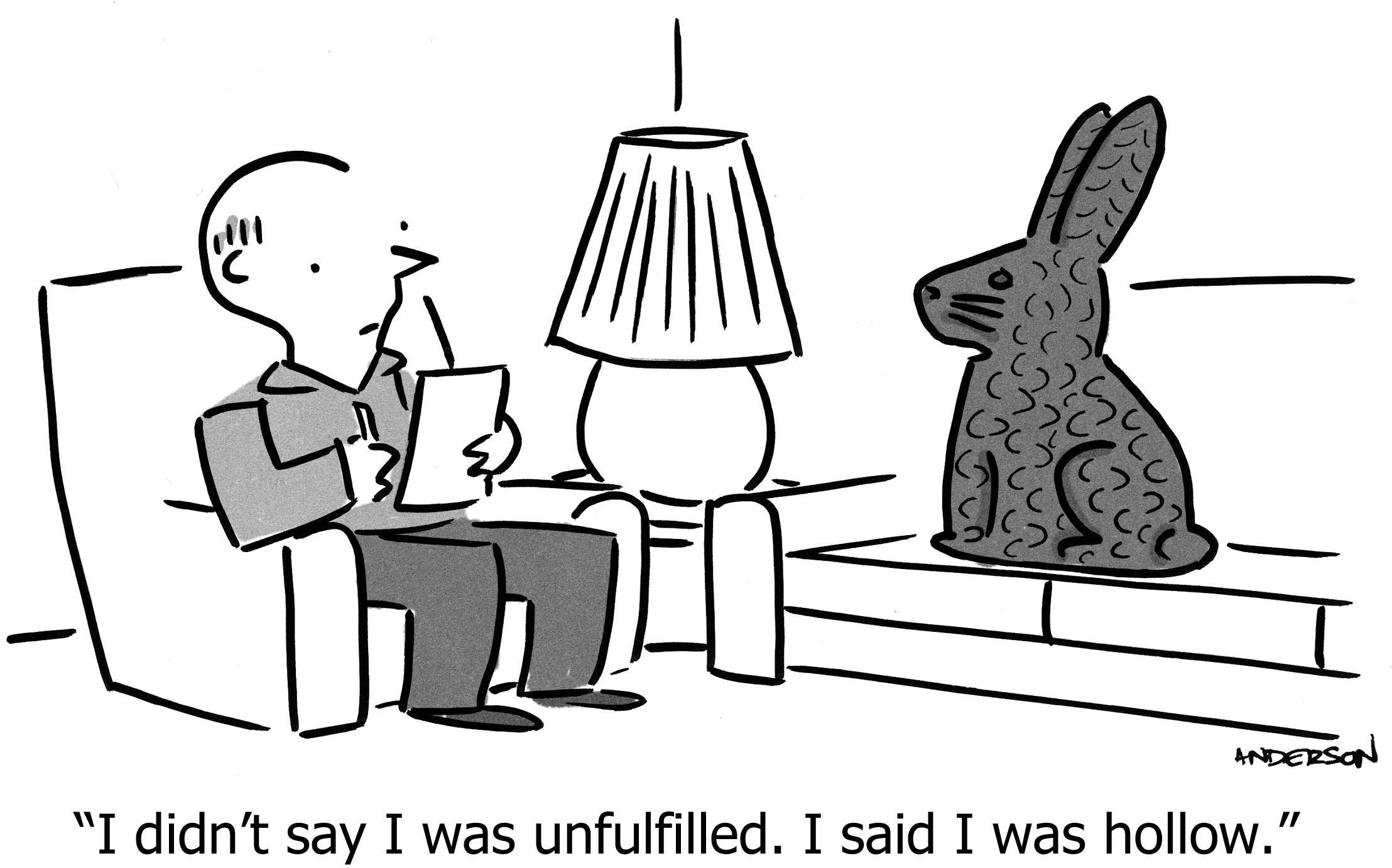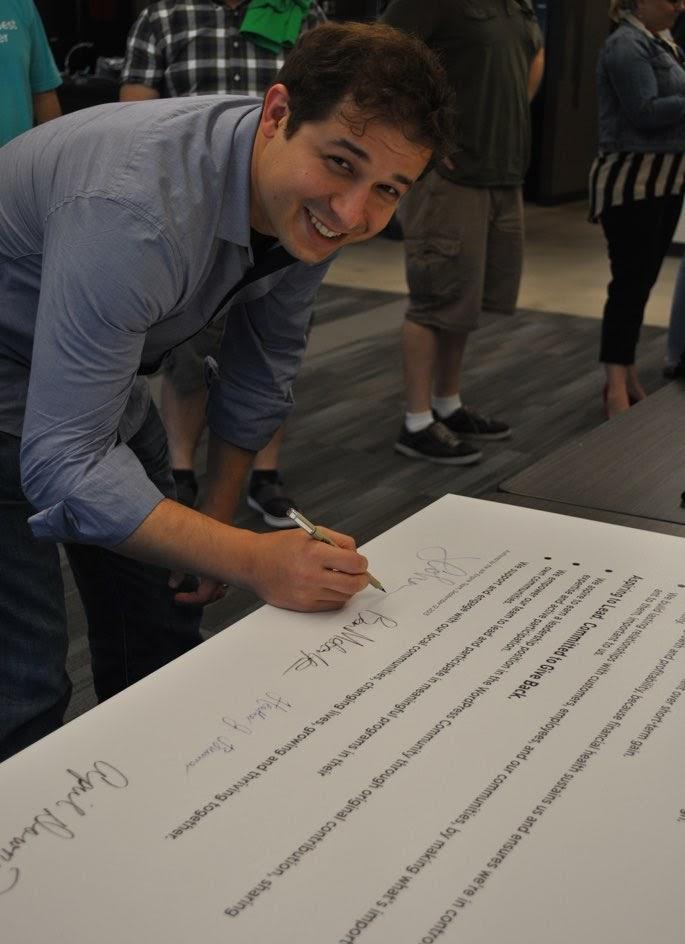In its emptiness, there is the function of a startup
Calm your frenetic TL;DR twitchy-Twitter-brain for five minutes, and let some Chinese philosophy wash over you.
Thirty spokes join in one hub
In its emptiness, there is the function of a vehicleMix clay to create a container
In its emptiness, there is the function of a containerCut open doors and windows to create a room
In its emptiness, there is the function of a roomTherefore, that which exists is used to create benefit
That which is empty is used to create functionality—Lao Tzu, Chapter 11, Tao Te Ching, ~600 BCE, translation by Derek Lin
An ancient brainteaser asks: If a wooden ship sails around the world, but along the way each board rots and is replaced by new boards, so that by the end of its journey every board has been replaced, is it still the same ship? Did “it” really go around the world?
Lao Tzu suggests the answer is “yes,” because the functionality of the ship—the “emptiness” created by those boards—is the essence of the ship.
What about yourself? Your boards are being replaced every second—trillions of cells splitting, growing, dying. Are you the same person you were ten years ago? Physically, not really. In DNA yes (mostly), but identical twins share DNA and are not the same person. Can you articulate precisely what resides in the emptiness created by your body, or by the electro-chemical pandemonium sloshing within your skull?
What about a startup? It’s not a person but composed of people. Is a company of 2 people and 150 customers the “same company” as with 150 people and 25,000 customers? In tangible ways it’s not the same, but in its emptiness lies the essence and purpose of this motley crew of human beings.
So the interesting question for a startup is: What is constant? What doesn’t change as we grow, and thus what binds us together in this journey? If we “go around the world,” changing out every board, what has been conveyed?
Can’t be about product features, they change, grow, and die like cells. Can’t be about marketing prose, that’s molded by A/B testing into market-resonance. Can’t be people—the team’s composition changes, and those who stay for the entire voyage themselves change. Can’t be the metrics, they’ll change by orders of magnitude. Can’t be the logo, or even the name. Can’t be the office space—Lao Tzu already made that clear, as did COVID.
So, what doesn’t change? Whatever it is, that is what defines the startup and its purpose, and is the answer to the all-important question: Why should anyone—employees and customers alike—join the founder on this journey, sharing this very personal responsibility?
At WP Engine we call these constants our “values”—our inviolable constitution. When we need to make a tough decision, our values determine the outcome. For example, if in some choice we must either lose money or do what’s right for the customer, we will do what’s right for the customer. Or if we have to decide whether to fire someone who is exceptionally skillful at his job but is dishonest or works for himself instead of for the team, we will always fire that person.
In fact, a clear agreement of core values is how you empower everyone in the company to act like an owner. Can someone in their first week of tech support decide whether it’s OK to give a customer a large refund or spend extra hours to go above and beyond to fix something? If you have a framework of values which clearly points to that as the right course of action, then someone can make that decision without approval-chains and meetings and debates. Isn’t that the definition of empowerment? And doesn’t that sound like part of the solution to “scale?”

Signing the WP Engine values
This is why it’s so important to encode your company’s values on paper. For us, we literally put them on the wall and we all signed it like the US Declaration of Independence. You have to ensure everyone not only agrees to them as a condition of employment, committing them to memory due to external requirement, but because in their bones they already embody those values, and therefore will naturally continue propagating them to those around them and those who follow.
“Company Culture” is the output of living your values. It’s never perfect, either as individuals or an organization, and at any given time you’re falling short at some aspects of the culture, aspirationally trying to live up to your own expectations. That’s healthy.
The three companies I founded before WP Engine were successful enough, but I never thought about culture or values. That was a mistake. Today two of those companies still exist, and after nearly two decades have continued to grow, and yet, without a higher purpose, a truly important mission for our customers and dedication to our employees, maybe who cares?
Why so dismissive of that success? Because what sort of jobs did that create? Were people happy and empowered? Mentoring and being mentored? Did they build a career they’re proud of? Did they feel that this time in their life was not wasted?
I don’t actually know, how sad is that? Financial success is the means, not the ends. Without financial success the company isn’t sustainable, so that component of success is absolutely necessary. But “money doesn’t make you happy,” and it certainly doesn’t make other people happy, or lead to a fulfilling, meaningful life.
What does? Answer that question, revealed by your culture in the emptiness created by your values, and you’ve truly done something important with your life, and for others’ lives.
What is your emptiness?
https://longform.asmartbear.com/emptiness/
© 2007-2026 Jason Cohen
 @asmartbear
@asmartbear ePub (Kindle)
ePub (Kindle)
 Printable PDF
Printable PDF








